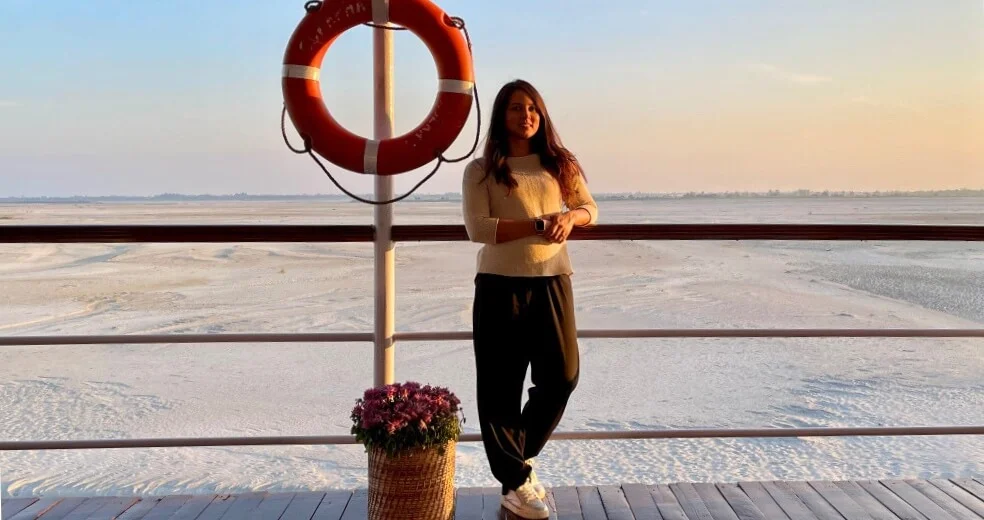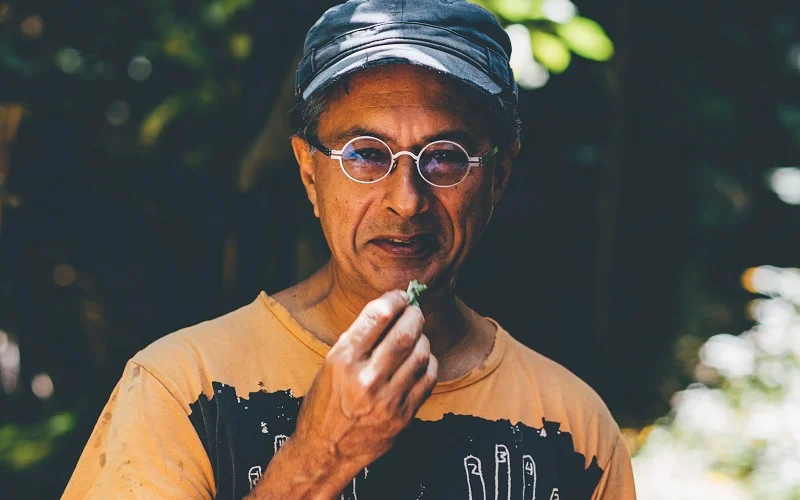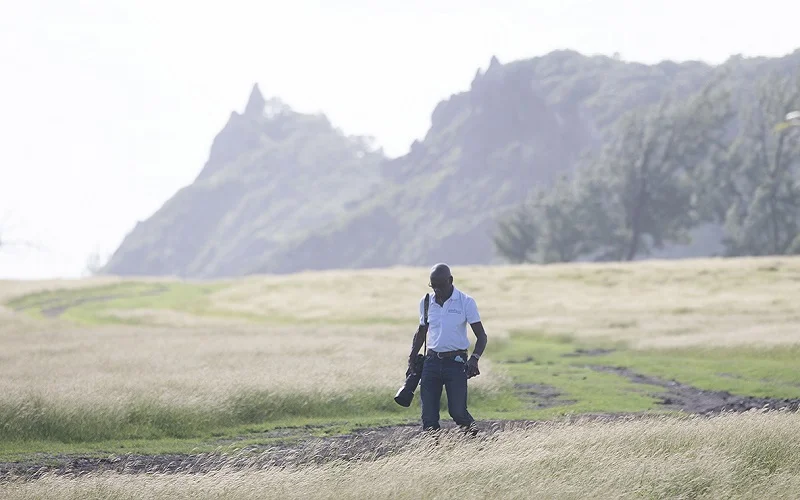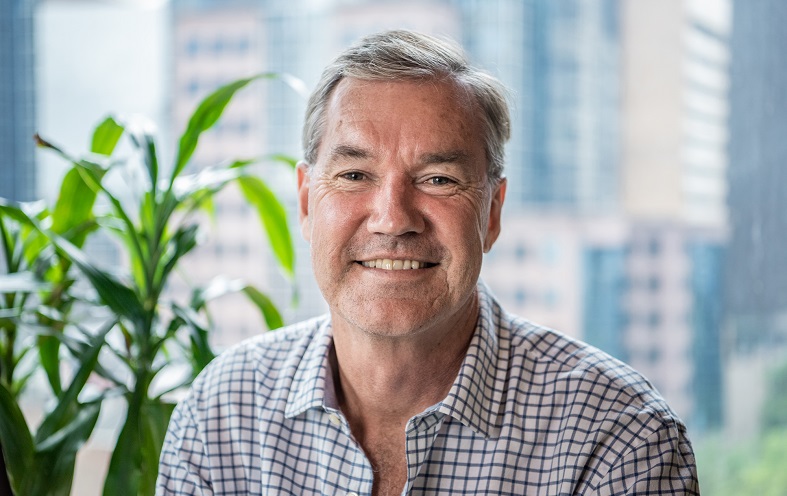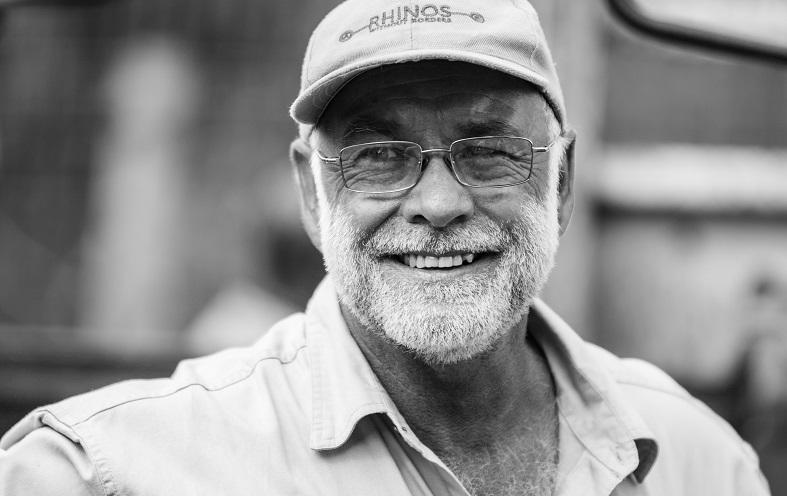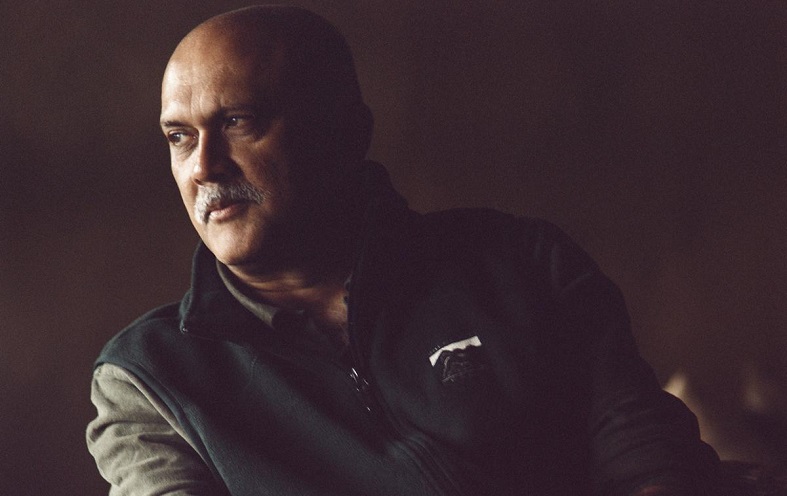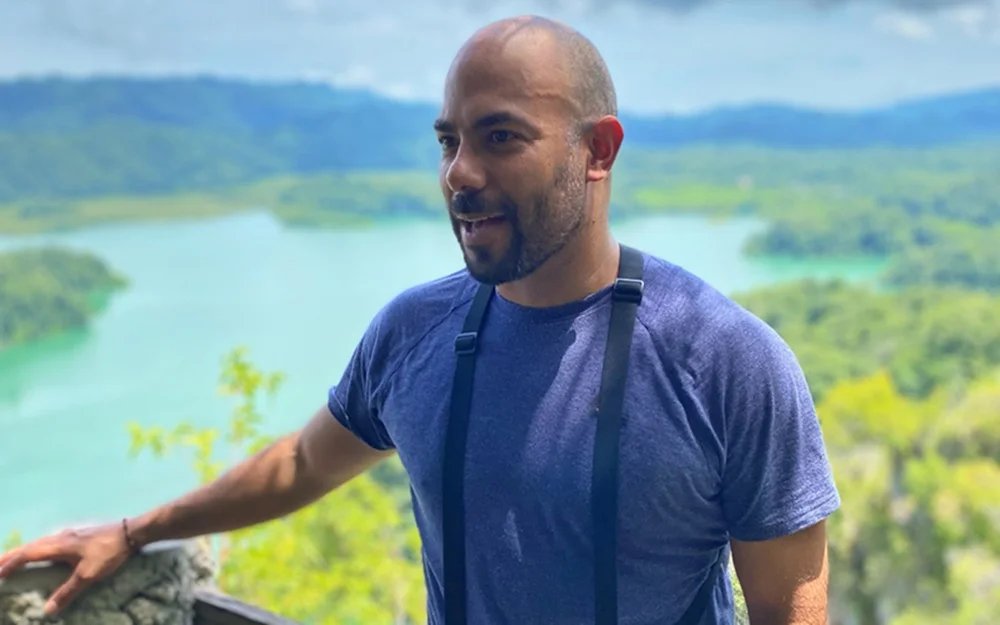
Meet Mauricio Miramontes, a leader in adventure tourism focused on sustainability. In this interview, Mauricio discusses his efforts to promote conservation and enhance community well-being through tourism. He shares his experiences, challenges, and strategies that are influencing sustainable practices within the industry, particularly in Latin America.
Read on to learn about his work and vision for the future of sustainable tourism.
Mauricio, in your role, you’ve focused on sustainable development in adventure tourism to promote conservation of protected natural areas and the well-being of local communities. Can you share some of the unique challenges and rewarding experiences you’ve faced in these environments?
One of my biggest learnings in this sector is that the most important and urgent challenges we face as a society—biodiversity loss, climate change, massive migrations—are super complex and collective. So, the solutions are complex and collective too!
We work to enhance systemic changes in markets and public policies of adventure and experiential tourism to regenerate natural areas and strengthen the sustainable livelihoods of local communities. This approach requires collective leadership, meaning the systemic changes can only occur by strengthening strategic partnerships with other key stakeholders.
That’s a challenge, but it’s also our specialty at La Mano del Mono. We create partnerships to regenerate natural areas and strengthen the local communities’ well-being, impulsing collective solutions such as Market Ready Tourism or Reserva Natura.
What are your main goals and strategies for fostering sustainable practices and collaboration within the travel and tourism industry?
Our main goal is to create systemic changes within the adventure travel sector by creating incentives for sustainable practices, regeneration of our natural areas, and the well-being of local communities. Our strategy focuses on systemic change and market incentives, financial mechanisms, and public policies which will have a social and environmental impact.
We build a collaborative approach working with the private, public, and social sectors to co-create innovations and solutions such as Market Ready Tourism—a model that guides adventure tourism enterprises and destinations to elevate their business and impact potential by connecting them with specialized markets to offer transformative experiences in the industry.
Reserva Natura is an innovative digital booking and sustainable visitor management system that allows dynamic management of tourism, creates financial revenue for conservation and climate action, educates millions of visitors of natural areas, and takes management and conservation decisions based on real-time data.
You’ve mentioned the Mano del Mono project. Could you elaborate on the key findings of this project and how it drives local regeneration?
Our work is to bring together local hands to co-create global impacts through tourism. We believe in this philosophy, and to achieve the global impacts we want, it is indispensable to unite local leaders leading those changes.
Magic occurs within indirect impacts. To achieve global impacts, we need many people doing a lot of direct impact.
Therefore, we bring together many people from different sectors, private, public, and social, to create synergies and multiply their direct impact.
For example, with the Market Ready Model, there are over 600 companies and 100+ nature destinations that have enhanced their sustainable practices and are connected with specialized markets. The impact in their destinations is done by these local leaders, and we simply facilitate the connections with the Market Ready Platform.
Or, for example, Reserva Natura, which is a very specialized booking technology for sustainable management of visitors in private or public natural areas. Here, the heroes leading the impact are the owners or managers of those nature destinations.
What is your vision and your contribution to the Market Ready Model?
Our vision is that the positive impact of adventure and experiential tourism in contributing to the regeneration of natural areas and the well-being of local communities has increased significantly in nature destinations in Latin America.
Businesses are now ready to respond to the growing needs of the adventure and experiential tourism market and to generate well-being for nature destinations and for the communities that give them life.
Businesses and destinations all over Latin America have successfully adopted the Market Ready Model and increased their business potential and impact. Market Ready has collaboratively created certainty in the tourism value chain that contributes to Sustainable Development Goals.
What personal motivations drive you in the field of sustainable tourism, and which initiatives or future developments are you most excited about?
My main personal motivation was that I spent my childhood and adolescence in the Scouts. We did many campings, expeditions, and so on. Therefore, I studied Biology and started working in adventure tourism when I was 17 years old.
When I realized how fast we had been losing our forests and also how many people from rural communities were emigrating for lack of opportunities in their lands, I just felt adventure and sustainable tourism could be a key sector to change these realities.
I’m currently very excited about Reserva Natura. This is a very innovative booking digital system for visitor’s sustainable management in protected areas. I feel confident that it will contribute significantly to change the “rules of the game” in sustainable tourism. It will put in the center of the value proposition of nature-based tourism the regeneration of our natural areas and the well-being of the local communities, facilitating education of visitors, and generating income for conservation of nature and climate action. I’m very excited to see how it will evolve.
The field of sustainable tourism is constantly evolving. In your opinion, what are some emerging trends or innovations that could significantly impact the industry?
It is very clear how more and more people are looking to get this connection with nature, culture, and outdoor activities. The trend is that adventure tourism will keep growing and it represents a huge opportunity.
On the other hand, sadly, 94% of our wildlife population (biodiversity) in Latin America and the Caribbean is decreasing, and massive migration from rural and indigenous populations also keeps growing. And climate change accelerates these trends too.
A crucial trend which is just starting and growing is regenerative tourism—a different paradigm where we go beyond the list of sustainable practices to do, and instead we connect the territories’ qualities and needs to tourism dynamics, allowing visitors to learn and discover new ways of life and on the other hand enhancing the regeneration of local territories. This is just starting and I’m very curious how it will evolve.
Thank you, Mauricio.
Connect with Mauricio on LinkedIn to keep up with his latest projects. If you enjoyed our interview with Mauricio, please share it and spread the word about sustainable adventure tourism!

